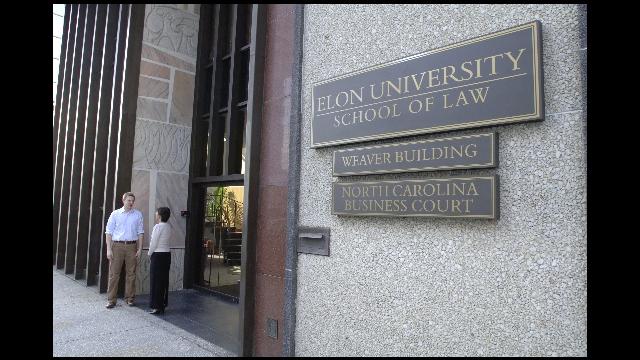Winning! Elon and Loyola Law Schools Boast Revamped Clinic Opportunities for Students
by: Ashley Matthews
Times are tough for law students everywhere, who are facing the lowest employment rates in 18 years and the rude awakening of post-graduate loan debt. Many law students are beginning to aggressively question the value of their legal education and are demanding more bang for their buck, including enhanced clinic opportunities.
Fortunately, law schools are listening. Just last month, the National Law Journal reported that 76% of ABA-accredited law schools modified their course offerings to adapt to students’ needs for more practical skills. And now, two law schools – Loyola University College of Law and Elon University School of Law – have added revamped and new public interest clinics to their rosters, respectively.
As reported by Nola.com, Loyola Law School recently received four grants totaling $557,000 to aid low-wage workers in its Workplace Justice Clinic, a unit of the Stuart H. Smith Law Clinic and Center for Social Justice. The grant will keep the clinic up and running for 3 more years, and will also help transform the initiative into a full-blown resource center.
Yesterday, the Elon School of Law announced the opening of its Elder Law Clinic, which will start serving clients as early as this fall semester. The new clinic will serve low-income elders, with a focus on the civil legal issues of older adults, such as power of attorney, end of life planning, contract and consumer issues, housing, grandparent rights, Medicare and Medicaid, Social Security benefits, and Veterans benefits.
These clinics will allow law students to represent low-income individuals free of charge, all under the guidance and supervision of licensed attorneys. Most clinics come equipped with additional experiential learning experiences, including a classroom component. In addition to allowing students to receive the practical skills they need to compete in a weak job market, poverty-stricken populations will get the much-needed services they desperately need. It’s a win all around!
Kudos to Loyola Law and Elon Law!
Permalink Comments off






